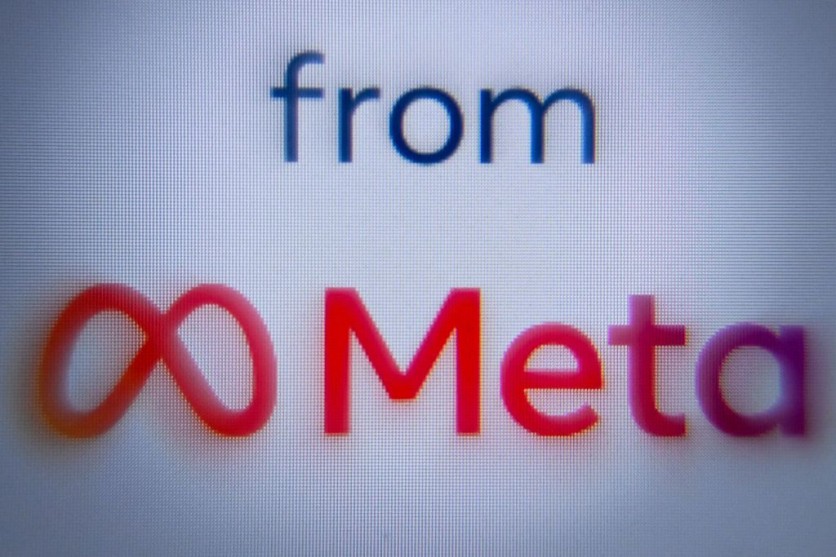A Kenyan court has delivered a significant ruling in favor of content moderators who filed a lawsuit against social media giant Meta and its content review partner, Sama, for alleged unlawful dismissal, according to a report by TechCrunch.
The court deemed Meta as the primary employer of the moderators and rejected Meta's attempt to distance itself from the case. The lawsuit, filed in March of this year, also claimed that Meta's new content review partner in Africa, Majorel, had blacklisted the moderators based on instructions from Meta.

Meta's Plan to Recuse from the Case
Justice Byram Ongaya of Kenya's employment and labor relations court dismissed Meta's plan to recuse itself from the case, emphasizing that the moderators effectively worked for Meta.
The court stated that Sama was simply an agent or manager, refuting Sama's claim that it could not act on behalf of Meta as it was a client of Sama's.
As of reporting, Meta has not responded to this ruling.
Meta faces a setback as it aimed to distance itself from the accusations and refute being the employer of the moderators. The court emphasized that the moderators were indeed carrying out work for Meta, utilizing its technology and meeting its performance and accuracy standards.
The court concluded that Sama acted as an agent of Meta, leaving no justifiable reason to absolve Meta from its primary employer role concerning the content moderators.
Furthermore, the court not only established Meta's responsibility as the main employer but also issued directives to extend the moderators' contracts. It prohibited both Meta and Sama from terminating the moderators' employment while the case was ongoing.
The court deemed the redundancies unjustified and affirmed the availability of content moderation positions. Consequently, the moderators will continue their work under existing or improved terms during the interim phase.
The content moderators, hailing from various African countries such as Ethiopia, Uganda, Somalia, and South Africa, are responsible for reviewing social media posts on Meta's platforms to remove harmful content related to hate, misinformation, and violence.
Alleged Unlawful Termination
The moderators claimed that Sama terminated their employment unlawfully, failing to comply with the mandatory redundancy notices required by Kenyan law. The lawsuit also addressed the absence of a 30-day termination notice and asserted that their final payments were contingent upon signing non-disclosure agreements.
However, Meta and Sama are confronted with additional legal battles in Kenya. Daniel Motaung, a South African, filed a separate lawsuit accusing the companies of engaging in labor and human trafficking, unfair labor relations, union suppression, and inadequate provision of mental health and psychosocial support.
Motaung claims that he was laid off due to his involvement in organizing a strike in 2019 and his efforts to unionize Sama's employees.
The recent ruling in favor of the content moderators highlights the growing legal challenges faced by Meta and its content review partners.
Related Article : Meta Faces Lawsuit in Kenya, Accuses of Amplifying Hate Speech, Incitement to Violence on Facebook

ⓒ 2026 TECHTIMES.com All rights reserved. Do not reproduce without permission.




